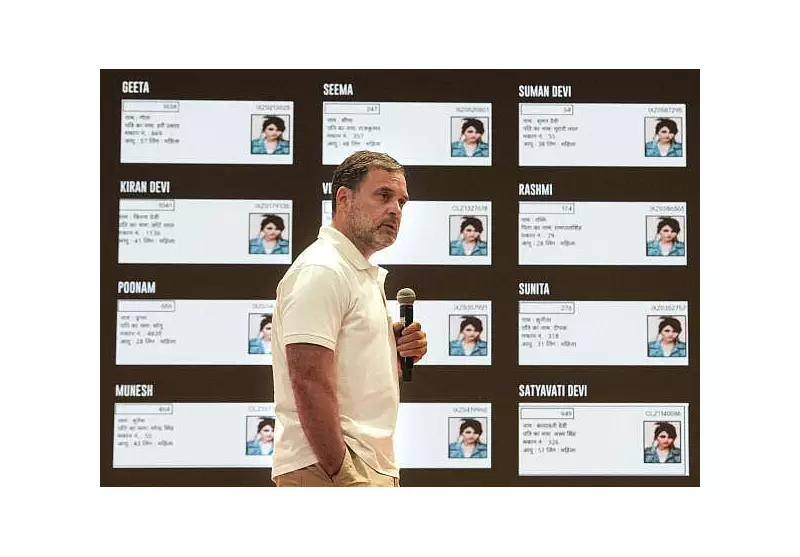
The Election Commission of India has delivered a sharp rebuttal to Congress leader Rahul Gandhi's claims of widespread vote theft during the Haryana assembly elections, turning the spotlight back on his own party's election machinery.
Commission Questions Congress' Ground Presence
In a strongly worded response, the ECI pointedly asked what Congress' own polling agents were doing while the alleged vote rigging was supposedly occurring in Karnal constituency. This counter-question strikes at the heart of election monitoring protocols, where each party stations agents at polling booths to prevent malpractice.
The Original Allegations and Swift Denial
Rahul Gandhi had taken to social media platform X to allege that "the future of India is being stolen in front of our eyes" during Haryana's voting process. He specifically targeted the Karnal constituency, claiming systematic electoral manipulation.
However, the Election Commission wasted little time in dismissing these claims, emphasizing that established monitoring systems were functioning properly across polling stations.
Standard Election Safeguards
The ECI response highlighted several key protective measures already in place:
- Polling agents from all contesting parties monitor voting at each booth
- Continuous video surveillance of polling proceedings
- Quick response teams available to address any irregularities
- Transparent counting procedures with party representatives present
Political Implications
This exchange comes at a crucial political juncture, with opposition parties frequently raising concerns about election integrity. The Commission's firm response signals its confidence in the electoral process while putting political parties on notice about their own responsibilities in safeguarding democracy.
The Karnal constituency, which was at the center of this controversy, saw intense political competition, making the integrity of the voting process particularly significant for all stakeholders.






